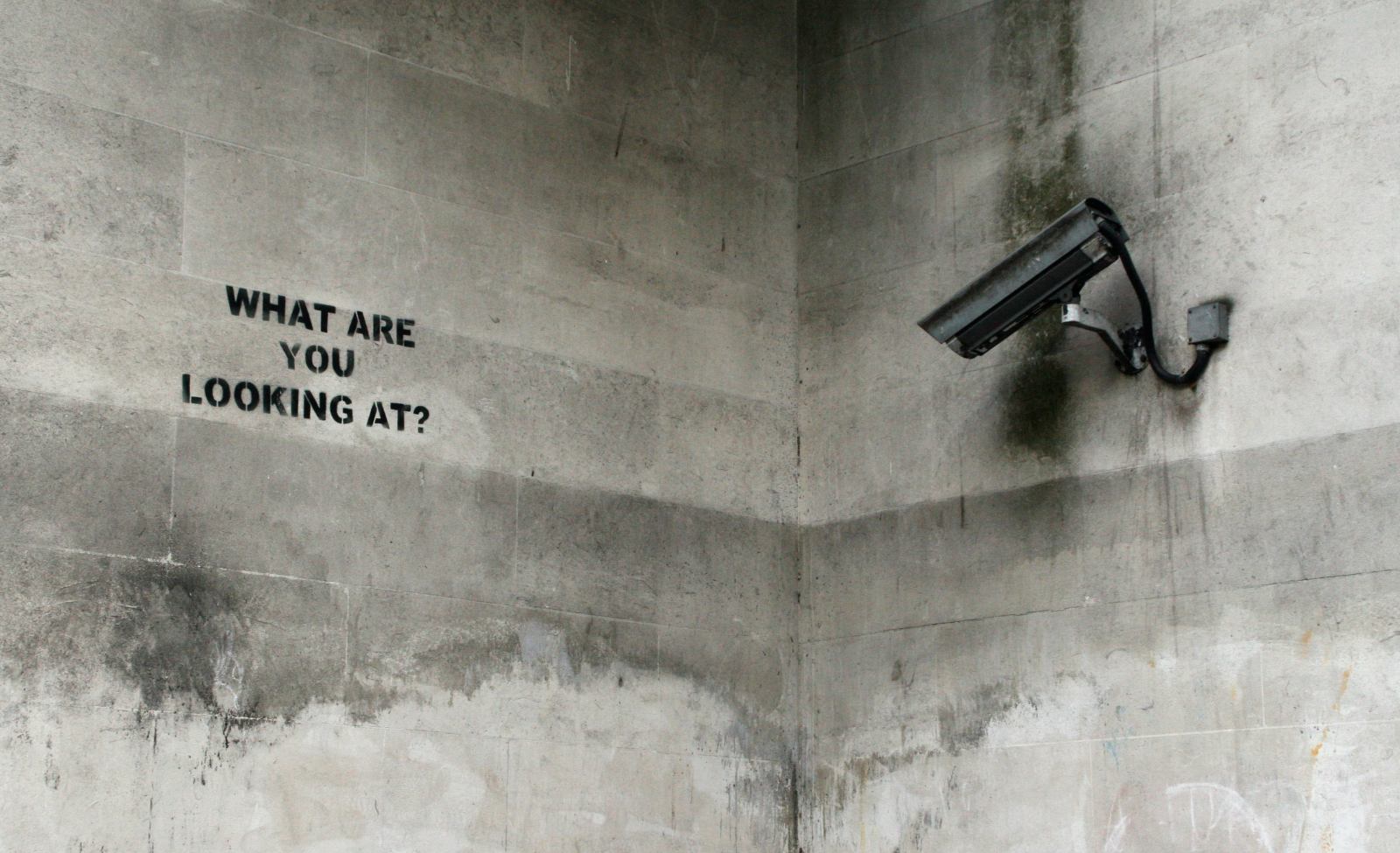Extra precautions can make online privacy possible

There are still steps you can take today to better protect your data from the watch of unwanted parties and our Big Tech overlords. For starters you can check if you’ve ever been subject to a known data breach at haveibeenpwned. The site scours the web for your email address and informs you of incidents where your data might have been exposed to the public in a known security breach. If your findings prove disturbing, you might want to consider a password manager like LastPass or 1Password, that generate stronger and more complex passcodes than Password123 (no judgement). Making a habit of using two-factor authentication, which asks you to verify logins through your phone or a separate device, on your email and social media accounts can significantly reduce the risk of hacking as well. Here’s how to get that done on Gmail and Facebook.
Your online footprint is everywhere: Even if you’ve secured your online accounts, data generated from your clicks and searches follow you everywhere on the web. You could consider downloading some adblocker browser extensions like UBlock Origin and Privacy Badger to Google Chrome, which keep ads from tracking your whereabouts across the internet. Alternatively, you could scrap your current browser altogether in exchange for something safer like Mozilla’s Firefox, which is not in the business of data collection or selling ads like Chrome.
Looking for an extra layer of privacy? Invest in a VPN: Using a virtual private network or VPN might have sounded like the rallying call of holed up conspiracy theorists at the start of the decade but the technology, which obscures your IP address and helps you bypass website blocks, has been picking up steam in recent years as concerns over data security have grown. There was a particular surge in use during the first round of covid-19 lockdowns last year, and according to one study, Egypt saw the largest increase of anywhere in the world, jumping 224% on the year before. Express VPN (Blocked), Surf Shark, NordVPN (Blocked) and Proton are all paid services that repeatedly rank as the most reliable networks in the VPN space. Some other free of charge VPNs, like Hotspot Shield, do exist out there but are markedly less reliable than paid services.
What about El Whats? If you’re considering jumping ship from Facebook-owned WhatsApp Messenger over concerns following their most recent privacy update then Signal might be your best bet. The messaging app uses end-to-end encryption much like WhatsApp — which means no one can see the content of messages except for the sender and recipient — and has seen support from a wide range of privacy rights activists.
An alternative search engine you say? Head over to DuckDuckGo. The search engine doesn’t provide anonymity — your internet service provider will still be able to see which websites you’re visiting — but it doesn’t track your search history, it blocks third-party trackers, and doesn’t hit you with targeted ads.